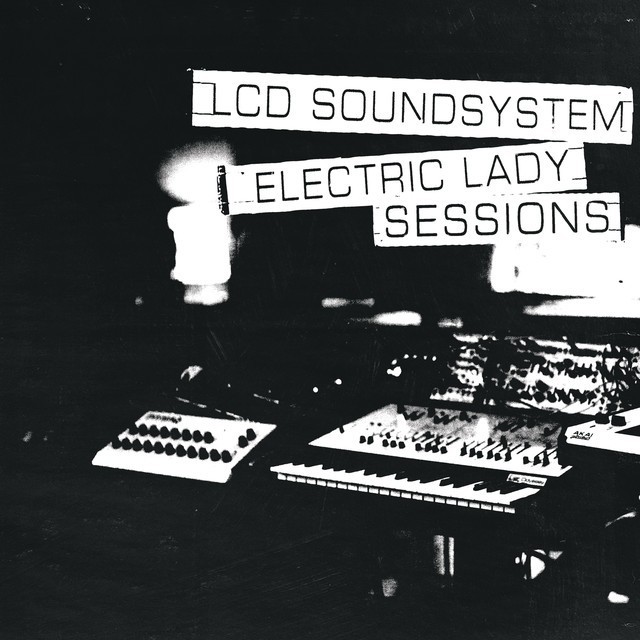"Jeanne Dielman, 23 quai du Commerce, 1080 Bruxelles" Review: Nothing Short of a Masterpiece
Written by: Christian Jatar
There is something about watching a person go about their daily routine—in exasperating detail for three hours and twenty minutes, mind you—that presents a weirdly captivating viewing experience. It all feels too real. It is life in all of its mundane afterglow. The warts are front and center, and everything that signals a moment of levity, of calm, is buried under the overwhelming weight of loneliness. This is what makes Chantal Akerman’s feminist classic so special. It cleverly submerges you into the laborious day-to-day of a widow, just so you can recognize how burdensome it all is. Watching her just exist in this perfectly organized routine only for it to gradually fall apart, is nothing short of impactful. It is the kind of film that lodges itself in your brain, signaling a deeper understanding of what it means to be a mother, a wife, a partner, a woman.
The film develops at a glacial pace, focusing mostly on the little things that make Jeanne’s day. Each action, be it the brewing of coffee, the brushing of hair, the cleaning of dishes, is left unedited. If it takes Jeanne five minutes to set the table, then as an audience, we will experience those five minutes in their entirety. Yes, it can become quite tedious, boring even. But that is the point. It is supposed to be boring because daily routines are boring. There is nothing wrong with that. It is just a fact of life we sometimes knowingly overlook. Especially when it does not affect us directly. We sometimes take for granted the sacrifices our mothers make for our wellbeing. No matter how big or small, these sacrifices take a toll on them. They might be physically arduous or psychologically taxing. They could even be life-defining. And all they want from us is to acknowledge them. To tell them thanks, to offer a helping hand, to hug and adore them, “Everything you’ve done for us, matters. You are loved.”
Jeanne Dielman, 23 quai du Commerce, 1080 Bruxelles (1975)
In the constant clusterfuck that is life, we sometimes let go of the things we take for granted. We forget that waking up and having someone take care of your every need, without asking for anything in return, is a blessing. We forget that love is rare, and the devoted love of a caring mother is even rarer. We forget that life is a series of decisions, of seemingly innocuous moments, that lead to small poignant events. We forget that without women, we are nothing. In the film, Jeanne might eventually decide on giving in to a violent impulse, but in context, it feels wholly justified. She has done everything for everyone she cares about. She has forgone her own wellbeing. She has held on to her routine as a purposeful distraction for so long, that when it begins to implode, it is as if the world has ended. The world has ended and no one cares.
This is one of the most challenging films I have ever had the pleasure of watching. It was grueling in its length and beyond frustrating in its commitment to showing the mundanity of it all, but goddamn, I will never forget it. It is one of those movies that once you have seen it, you will never be able to shake it. It stays with you, it transforms your perception of what you think is acceptable in this modern world. It makes you truly understand the godlike nature of women. I love you mom, I am calling you right now, just let me wrap this up. If you are willing to give in to the hypnotic trance of Jeanne Dielman, 23 quai du Commerce, 1080 Bruxelles (1975), then do so with the understanding that it is a tough pill to swallow. It will take a toll on you. It will wear you down. But after all that, you will come out devising all sorts of plans to show that person who cares for you, just how much you appreciate their zen-like devotion to your health, happiness, comfort, safety, success. Now if you will excuse me, I have a call to make.
5/5



































